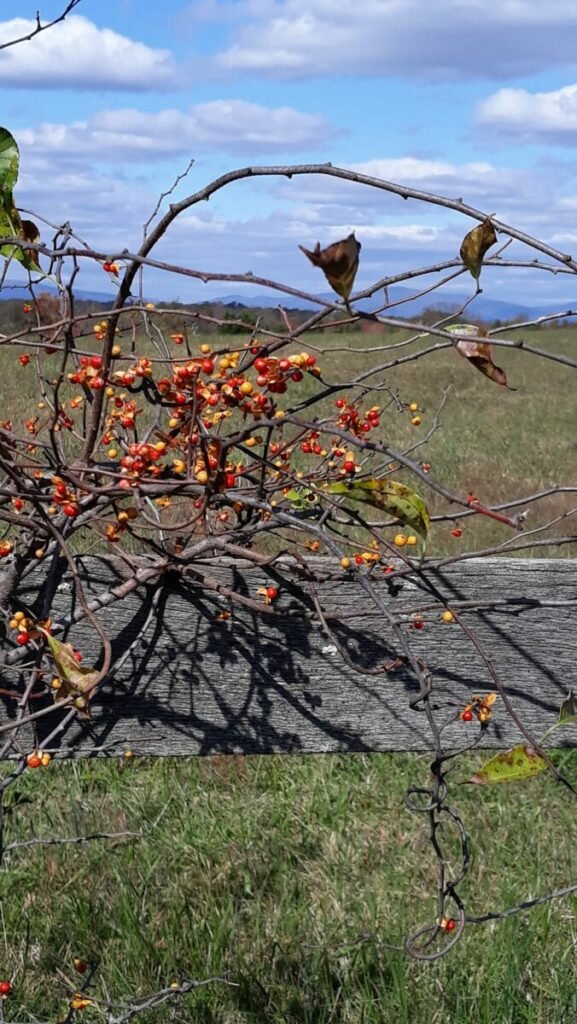
When I was very young, I memorized the poem “Fern Hill” by Dylan Thomas, unaware that I had been drawn into poetry of place. Short-sighted, I read it as a poem about the loss of innocence which mirrored some of my own morphing into an adult. Now I realize the poem does what good poetry of place does; it brings us into imaginative relationship with the land we have separated from. Loss of innocence? Perhaps, but more the inevitability and shifting of perspective that underpins our perceptions of home or homelessness.
Many poems of place are about places we’ve known intimately for years—If you don’t know where you are, you don’t know who you are, says Wendell Berry whose poems are grounded in his agrarian values and his native Kentucky. But many poems of place are written from a less bucolic experience. In fact, some poems of place are written from dis-placement, the author’s migratory perspective, the place forever gone either because it disappeared geographically or because our perceptions and memory changed. Thus, any poem written about the landscape or one’s home has an accompanying fragility.
When I read a poet’s bio, I am more interested in where he is from than his list of publications. Tell me where a writer is from and I will tell you a couple of things about his writing. Consider James Wright whose childhood was spent in the river town of Martin’s Ferry, Ohio. Writing in exile, he finds himself once again beside a river, this time in Italy by the river Adige where he creates the lovely poem “Secret of Light.” Wright is known for mentioning names of places in his poems—Fargo, Verona, Pine Island, Rochester. It is as though he travels river to river musing “It is alright with me to know that my life is only one life. . . . I feel like the river Adige.” In the poem, from his point of exile, he mentions he is happy with the “empty bench” and allows the place to filter through him with no grappling for conclusiveness.
Overall, whether I am writing about my current place or a remembered one, I try to bear in mind what Keats once called negative capability, a kind of passivity that does not involve an “irritable reaching after fact” but lets the mysteries and uncertainties of a place speak. I wake at 5:00 a.m. to the place of the sky, where Mars is blasting away just beyond my window. Confronted with such vastness of place, I think of Keats, how his ego disappears into his poetry. Looking at that sparkling salmon planet I ask: By what right am I here alive and conscious? And though the facts of space may be a hostile mess of dark energy and matter, its beauty-is-truth, truth-beauty, shines on without answering.
Stony Point, Virginia
There’s a crease in the plateau
spread open,
bedrock eased by timothy
……………. mountains
bluing on either side.
A seam that scallops
from midpoint, the time
between first windflowers
and last blackened persimmon,
……………. where the land ever unfolds
………………… or else packs to leave.
What holds the landscape
together, I can’t say,
the sun pulls a field of buttercups
…………….up from earth
by its own intention,
two horses graze, facing opposite
like bookends, the meadow
equilibrated. So many stones
churn to surface
from a distant buckling
deeper than all blossoms
hard proof that love
does not end here……. but tumbles on
the same and utterly changed.

Share this post with your friends.


I absolutely love this poem. It is a perfect partner to the blog piece!
This is really beautiful and resonates so much with me.